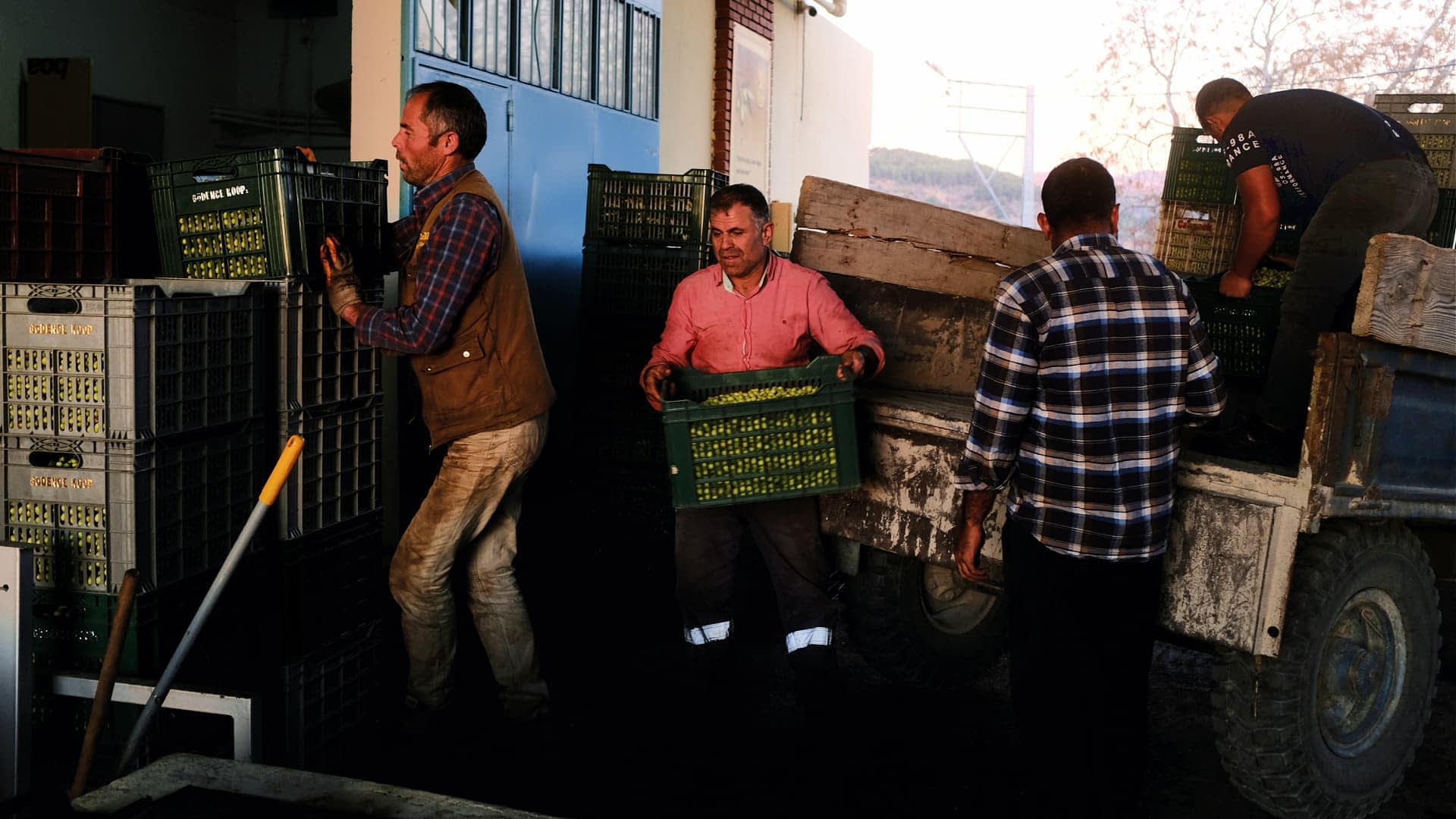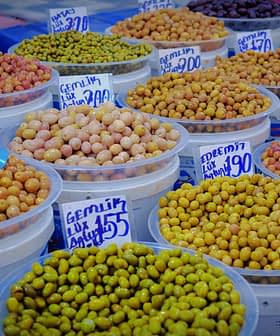Turkish Olive Oil Exports Can Make Up for Europe's Deficit Once Ban Is Lifted, Official Says

Bulk olive oil exports from Turkey were initially set to resume on November 1st, but the Ministry of Commerce extended the ban indefinitely due to high prices. Despite this setback, Turkey is expected to play a significant role in supplying olive oil to European markets as the 2023/24 crop year progresses, with officials citing the country’s large stock from last year and new production as sufficient to meet demand.
Bulk olive oil exports from Turkey were scheduled to resume on November 1st. However, the Ministry of Commerce extended the July 2023 ban indefinitely in mid-October, citing high olive oil prices.
Despite the added uncertainty, officials from the country’s national olive oil association expect Turkey to play a significant role in supplying olive oil to European markets as the 2023/24 crop year progresses.
Turkey will continue to contribute to the supply shortage that will arise from the ongoing low yields in other olive-growing countries, especially in packaged products, as it did last year.
“Last year, Turkey broke a historical record by producing 421,000 tons of olive oil,” Mustafa Tan, the president of the National Olive and Olive Oil Council, told Olive Oil Times. “This made our country the second-largest producer of olive oil in the world.”
While this year’s harvest is expected to fall significantly, with the initial estimate that production will reach just 180,000 tons, Tan indicated the country’s olive oil stocks combined with the new production would be enough to meet domestic demand and resume bulk exports.
See Also:Morocco Bans Olive Oil Exports in Bid to Control Rising Prices“This year, after excluding the record export amount of 150,000 tons and the same amount of domestic consumption, we have an end-of-period carryover stock of around 180,000 tons,” he said.
“This amount enables more exports and domestic consumption than last year,” Tan added. “In other words, Turkey continues to be the country with the highest supply after Spain, with its stock carried over from last year and its production this year.”
Producers in the country said this year’s decline was mainly due to many of the country’s groves entering an ‘off-year’ in the natural alternate bearing cycle for the olive tree and some damage caused by extreme weather events.
While the National Olive and Olive Oil Council did not publish its official harvest forecasts until September, growers and producers saw evidence of a poor harvest by early July.
Expectations of an unprecedented situation in which global olive oil production declined for a second consecutive year, paired with already historically high prices, led to the Turkish government implementing the bulk ban – individually packaged exports are still permitted – which has been met with dismay by some producers and exporters.
However, Turkey has a history of olive oil export bans, with the latest prohibition being the third one in as many years.
In April 2021, the country’s trade ministry imposed a five-month ban on bulk exports, citing uncertainty caused by the unfurling Covid-19 pandemic.
The following April, the ministry prohibited bulk exports again due to concerns about shortages in the country and skyrocketing inflation. The ban remained in place until the end of the year.
As a result, officials are confident this ban will not extend beyond the end of the current harvest, especially if rain falls across the Mediterranean this winter and spring, which would bode well for the 2024/25 crop year.
“Turkey will continue to contribute to the supply shortage that will arise from the ongoing low yields in other olive-growing countries, especially in packaged products, as it did last year,” Tan concluded.









